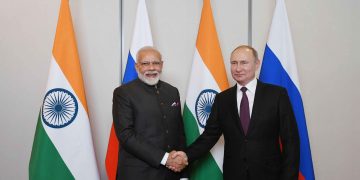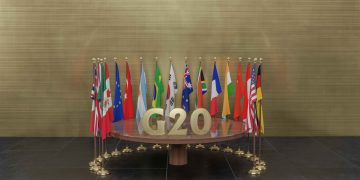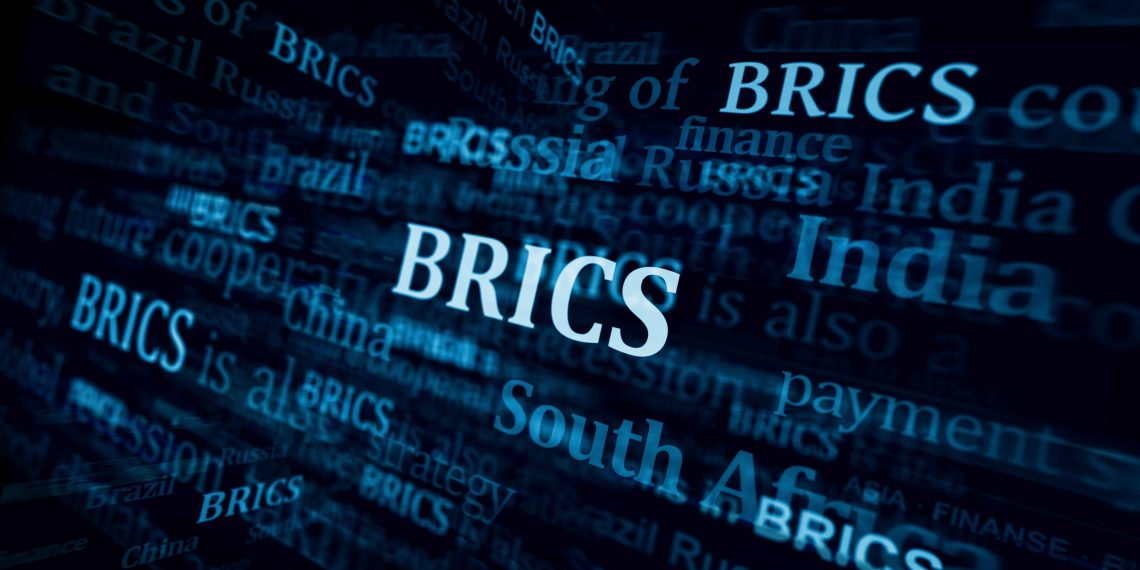BRICS, the intergovernmental organization founded in 2006, continues its evolution under Russia’s presidency in 2024. Initially comprising Brazil, Russia, India, China, and South Africa, the group recently expanded to include new members: Egypt, Ethiopia, Iran, the UAE, and Saudi Arabia. While Saudi Arabia has yet to formalize its membership, it actively participates in BRICS meetings.
Adding to this momentum, Indonesia, Malaysia, and Thailand have now officially become BRICS partners. Russian Deputy Foreign Minister Aleksandr Pankin confirmed this development on Friday, highlighting the global majority’s growing commitment to fostering a fairer world order.
“The BRICS summit in Kazan demonstrated the global majority’s aspiration to create a just world order, reform international institutions, and establish equitable economic relations. A comprehensive package of agreements was reached on trade, investment, artificial intelligence, energy, climate, and logistics. Our APEC colleagues – Indonesia, Malaysia, and Thailand – have become partners of the association,” Pankin announced during a joint meeting of APEC foreign and trade ministers, as shared by the Russian Foreign Ministry.
Partner Status: A Step Towards Inclusion
BRICS partner status is designed as a close alternative to full membership, allowing participating nations to engage with the bloc’s initiatives without voting rights. Earlier this year, Russian Deputy Foreign Minister Sergey Ryabkov hinted that this status might offer significant integration opportunities.
The Kazan BRICS Summit in 2024 endorsed the partner country category, emphasizing its importance in broadening the group’s collaboration with emerging economies and developing nations. The declaration stated that such partnerships would enhance solidarity and promote genuine international cooperation, benefiting all parties involved.





















